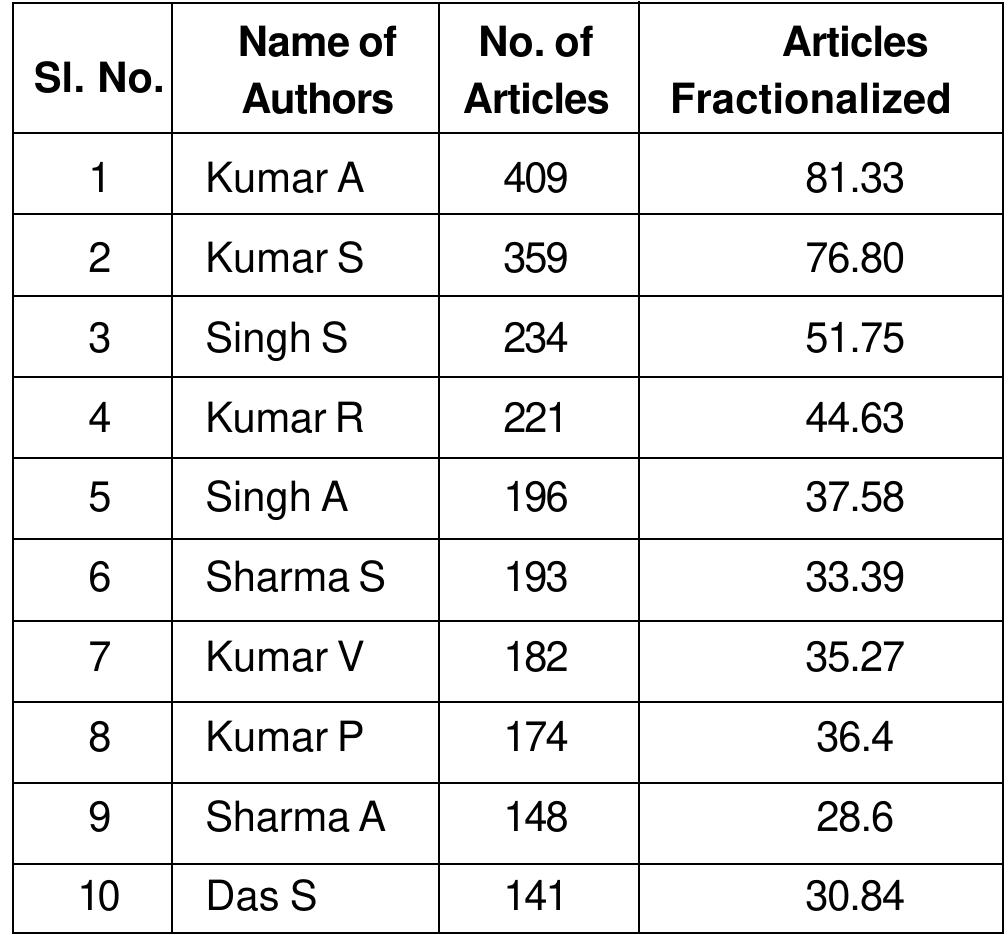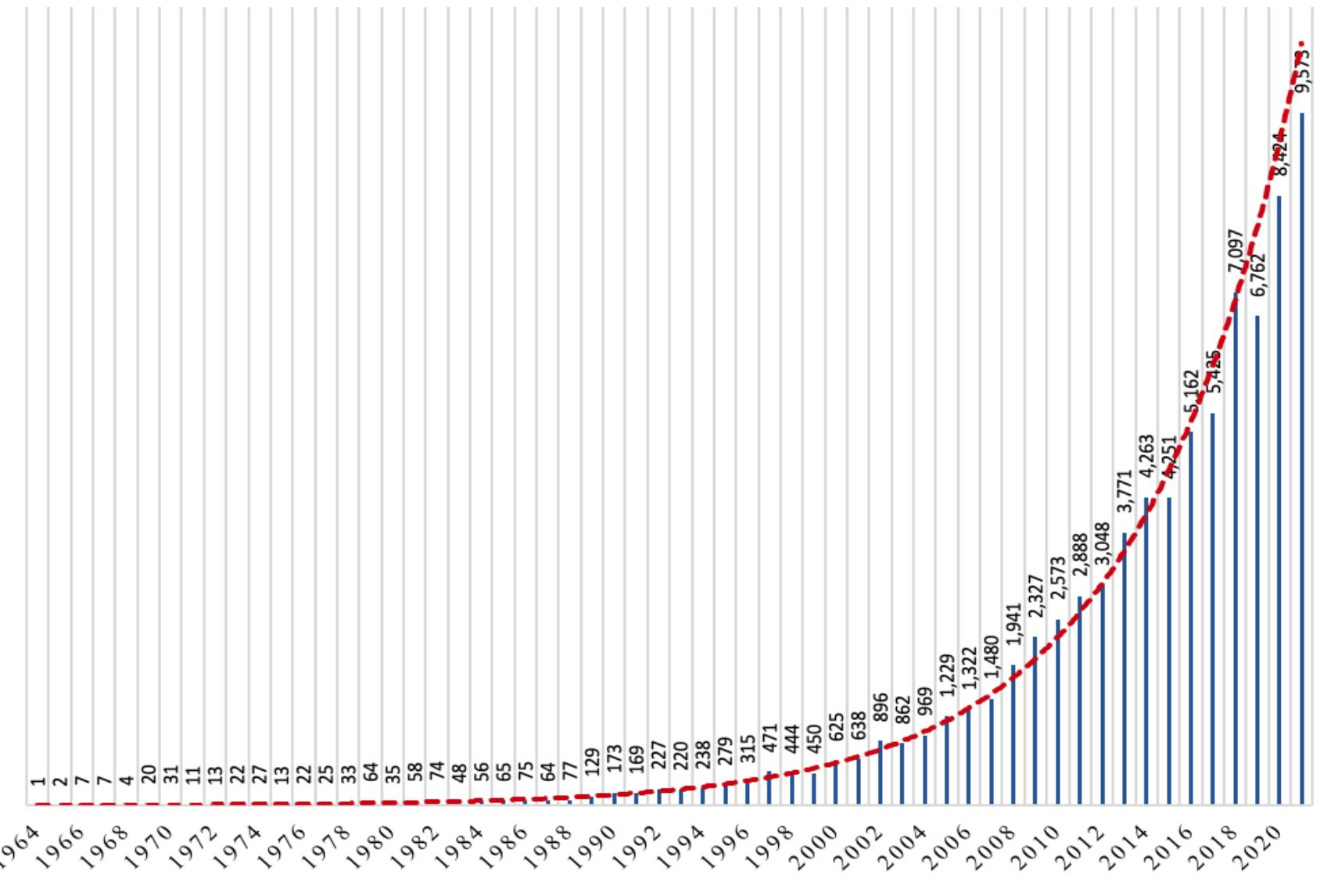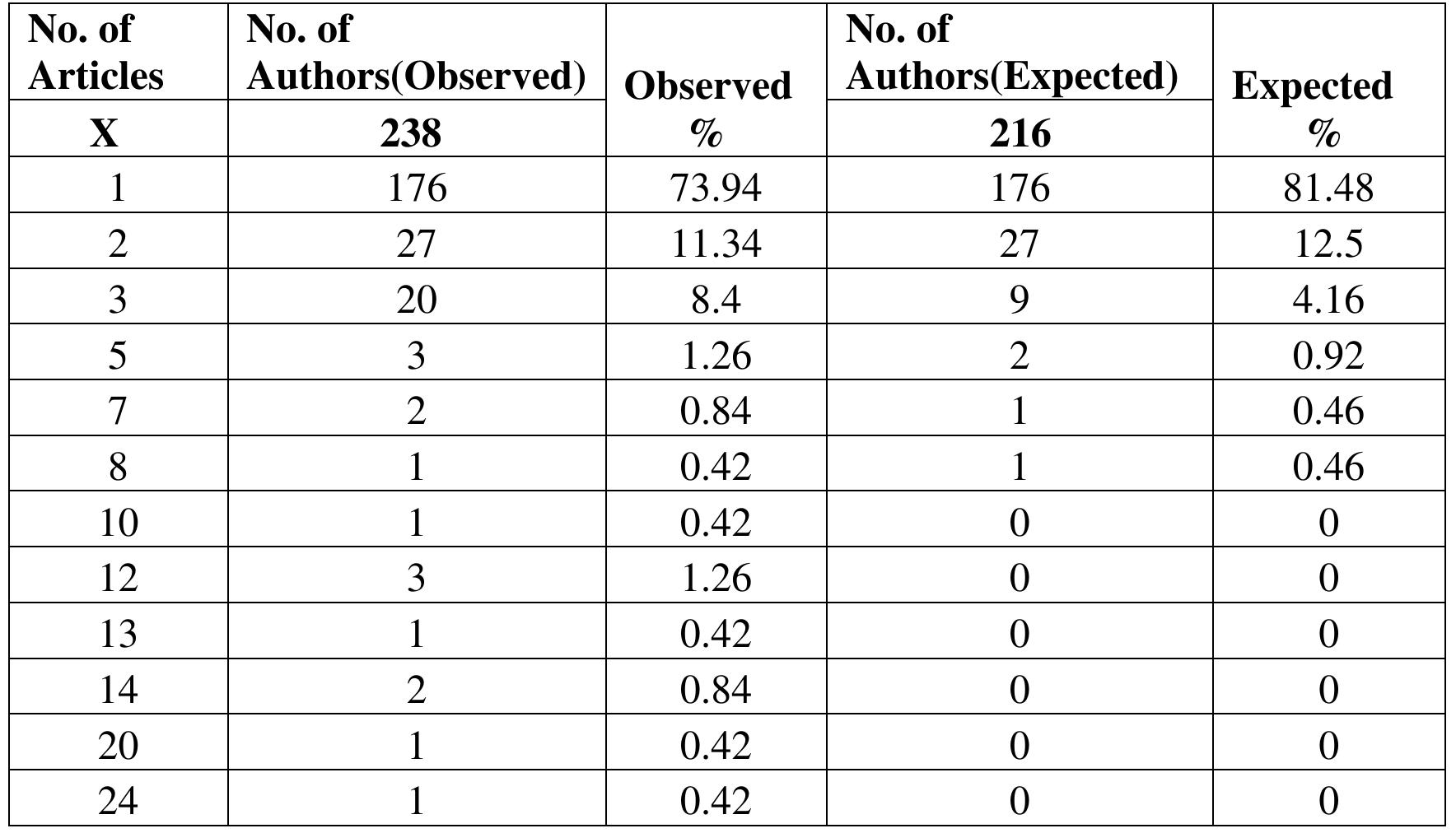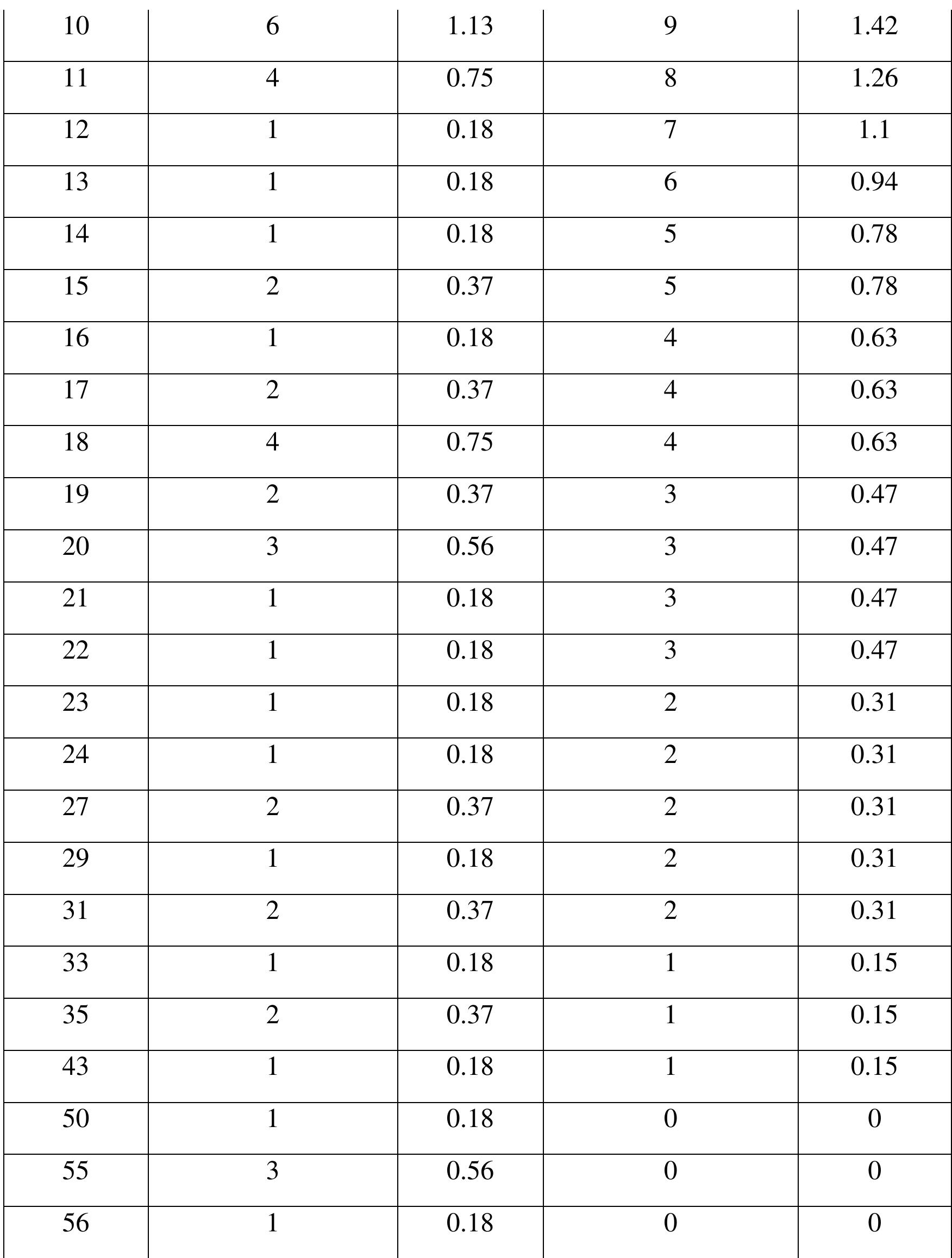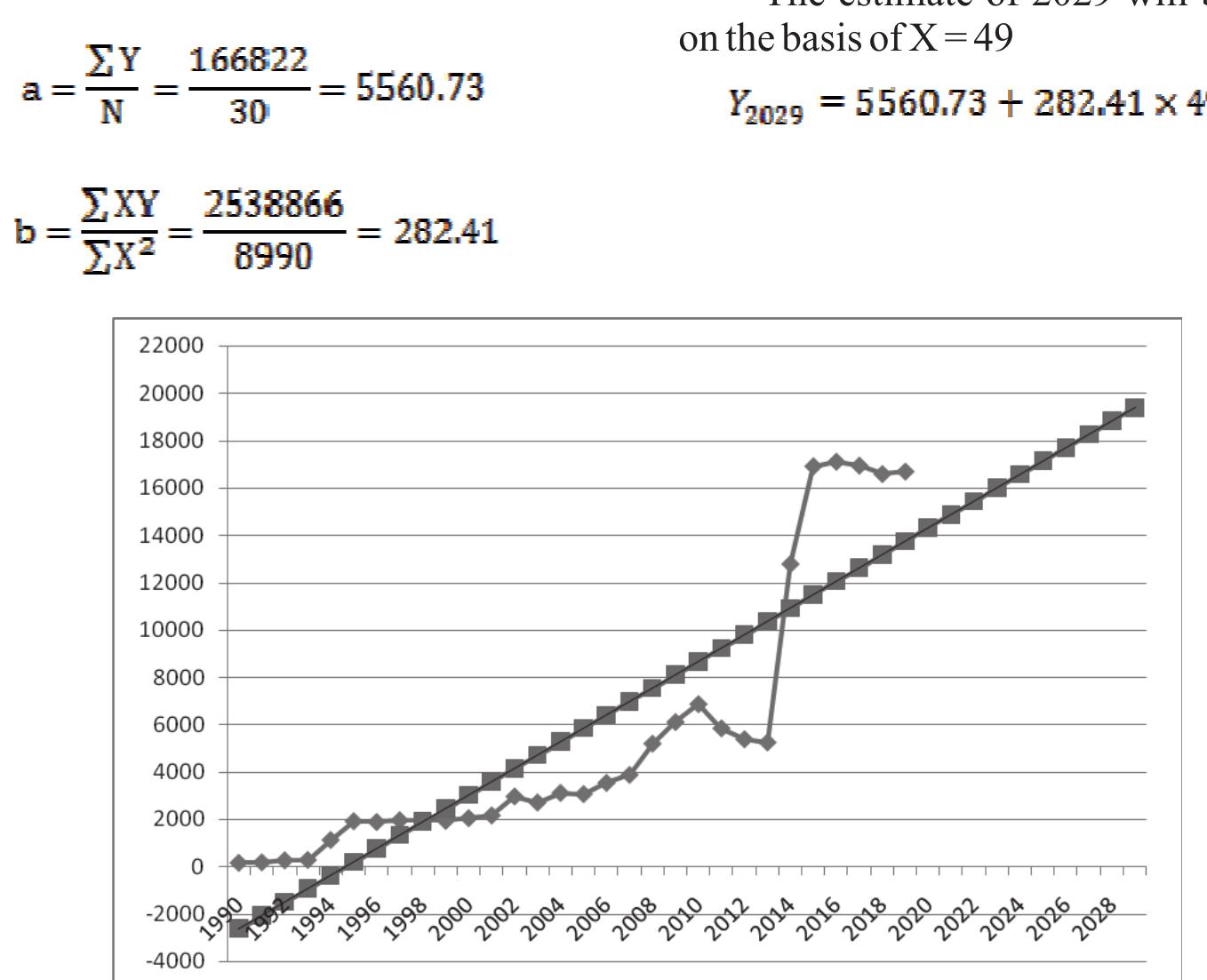Key research themes
1. How can scientometric indicators more accurately assess individual scientific productivity and career impact?
This research area focuses on improving the measurement of scientific productivity and impact at the individual researcher level, addressing challenges such as career length differences, disciplinary variations, and productivity normalization. Accurate assessment of individual contributions is critical for research evaluation, funding decisions, and career development in science policy and management.
2. How do network-based methods and hierarchical classification taxonomies enhance the representation and analysis of scientometric data?
This theme explores the use of network science and dynamic, hierarchical classification systems to model, analyze, and interpret scientometric data. Networks represent relationships such as citations and co-authorships, enabling advanced algorithmic analyses. Hierarchical taxonomies classify scientific fields with fine granularity, supporting scalable and up-to-date mapping of research landscapes, critical for effective literature management, evaluation, and understanding scientific evolution.
3. What are the methodological and thematic trends identified through scientometric analyses across specific research fields?
This theme encompasses the application of scientometric methods to analyze publication patterns, collaboration networks, intellectual structure, and emerging topics within specific disciplines or national scientific outputs. Such analyses help reveal field-specific dynamics, research productivity, thematic evolution, and collaboration structures, offering insights for strategic planning and knowledge management.


